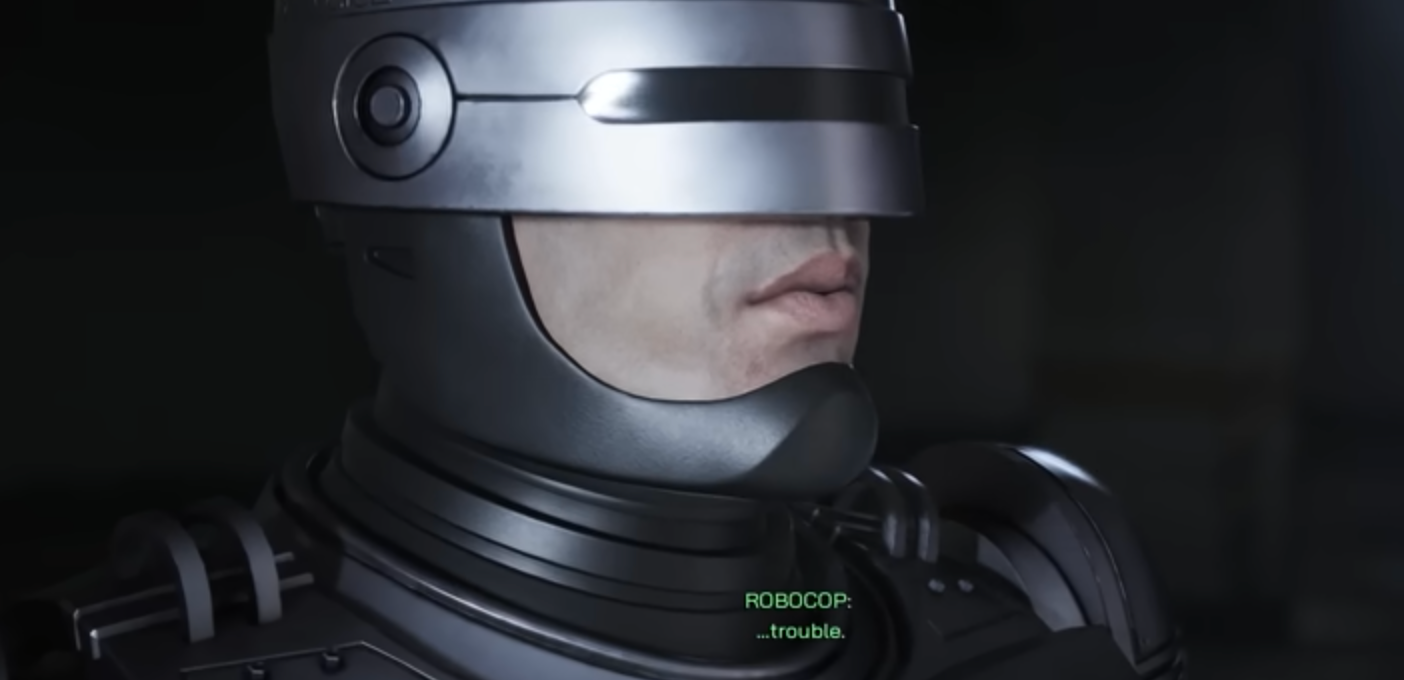In the realm of science fiction cinema, few films have left an indelible mark on the genre like the 1987 classic, RoboCop. A masterful blend of action, satire, and dystopian storytelling, the movie has earned its place among the greatest in the pantheon of sci-fi. Despite a couple of questionable sequels and a forgettable TV series, the legacy of RoboCop endures. Fast forward to 2023, and the gaming world is about to witness a revival of the cybernetic law enforcer in "RoboCop: Rogue City," developed by Teyon.
The Return of RoboCop in Gaming: RoboCop has had a sporadic presence in the gaming world, with titles like the old arcade shooter, the RoboCop versus Terminator crossover, and a somewhat mediocre FPS in 2002. However, "RoboCop: Rogue City" emerges as a standout, offering players a captivating and immersive experience, reminiscent of the iconic film.
A Love Letter to the Original: Teyon, the studio behind the game, approaches RoboCop with the same reverence they brought to the Terminator series in "Terminator: Resistance." "Rogue City" serves as a love letter to the original film, delivering a power-packed, action-filled experience that captures the essence of playing as the iconic cyborg law enforcer in the dystopic streets of Detroit.
Gameplay and Power Fantasy: The gameplay perfectly encapsulates the feeling of controlling a shiny walking tank armed with a semi-automatic hand cannon. With FPS gameplay tropes seamlessly integrated, the game offers players the fantasy of crossing RoboCop with the Doom Slayer. It not only delivers one of the best shooters of 2023 but also stands as a testament to the respect Teyon has for the character and the source material.
Storyline and Character Depth: Set between the events of RoboCop 2 and 3, "Rogue City" explores the established RoboCop persona while introducing new challenges. The narrative is woven with care, showcasing RoboCop's struggle with his identity as a half-man, half-machine corporate creation. The incorporation of moral choices and interactions with other characters adds depth to the storytelling, allowing players to shape RoboCop's public image and retain some semblance of humanity.
City Dynamics and Public Perception: The game introduces an intriguing aspect of dealing with random citizens, offering choices to uphold the law or take a more subjective approach. Interactions influence public perception, adding a layer of complexity to the character. Teyon manages to strike a balance between action-packed sequences and meaningful character development, staying true to the core themes of the original film.
Visuals and Fan Service: "Rogue City" impresses visually, running on the Unreal Engine 5 and delivering detailed environments that pay homage to the source material. The game is filled with fan service, recreating iconic scenes, locations, and even characters from the RoboCop universe. The attention to detail, such as the fully modeled Detroit police station and the return of Murphy's partner Lewis, showcases Teyon's commitment to the franchise.
Gameplay Depth and Skill System: Beyond its action-packed exterior, "Rogue City" surprises with a robust skill system, offering players various perks and buffs to enhance gameplay. The game introduces a pseudo-RPG element, allowing players to invest in different skill categories that influence their approach to missions and interactions. The skill system adds depth to the gameplay, making it more than just a mindless shooter.
Environmental Interaction and Upgrades: The game encourages exploration with hidden evidence, side missions, and environmental interactivity. Players can shoot apart nearly every prop, pick up and throw objects, and even launch enemies into the stratosphere. The upgrade system for RoboCop's iconic Auto 9 pistol, featuring circuit boards and chips, adds a layer of customization and personalization to the experience.
Satisfying Combat and Abilities: "Rogue City" excels in combat, offering some of the most satisfying shooting experiences in recent memory. The gunplay is intense, featuring over-the-top blood and gore effects, while abilities like a temporary shield, dash move, stun effect, and bullet time mode enhance tactical options during gameplay. The sheer variety of weapons, including shotguns and assault rifles, contributes to the overall enjoyment of combat.
Challenges and Lack of Difficulty: While combat is a highlight, the game leans towards being more of a power fantasy, with enemies posing little challenge, especially with upgraded abilities. The lack of difficulty may be a deliberate choice to align with the fantasy of being an unstoppable force, but some players might crave a more challenging experience.
Voice Acting and Audio: Peter Weller's return for the voice work adds authenticity to RoboCop's character, but the overall voice acting quality varies. Some secondary characters deliver questionable performances, and audio mixing issues occasionally impact dialogue clarity. The absence of a consistent musical score throughout the game is a missed opportunity for heightened immersion.
Conclusion: "RoboCop: Rogue City" stands as a testament to Teyon's understanding of movie licenses and their ability to translate them into engaging gaming experiences. Despite minor shortcomings, the game successfully captures the essence of RoboCop, offering fans an opportunity to relive the cybernetic hero's adventures in a dystopian Detroit. As a love letter to the original film, "Rogue City" not only does justice to the franchise but also sets a high standard for future RoboCop games.
Whether you're a die-hard fan of the 1987 classic or a newcomer to the world of RoboCop, "Rogue City" invites players to step into the metal boots of the iconic cyborg and experience a thrilling journey through the gritty streets of a dystopian future. So, are you ready to uphold the law, one shot at a time? "I'd buy that for a dollar."
